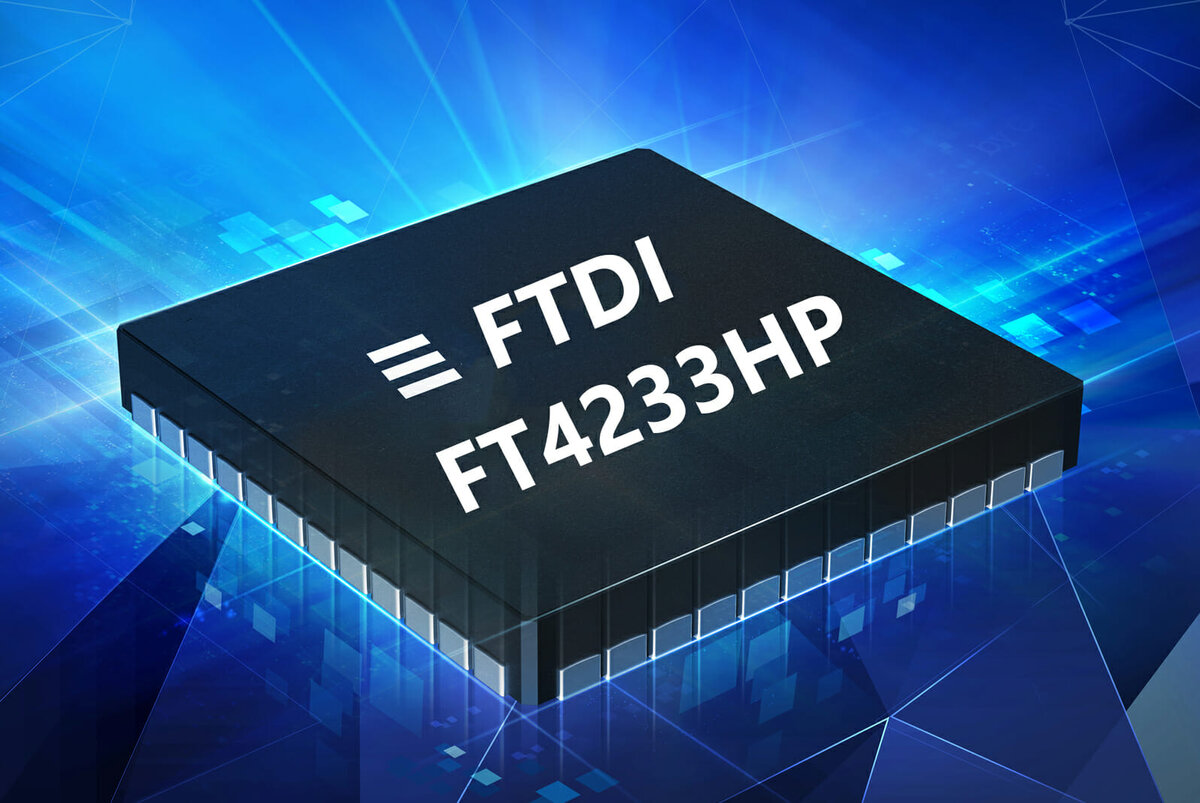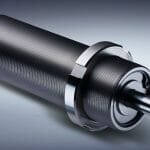Always at the forefront of embedded connectivity innovations, FTDI Chip’s latest series of multi-channel USB interface ICs. These have the capacity to deal with next generation power requirements, as larger items of hardware start to make use of the protocol.Available in both 2-channel (FT2233HP) and 4-channel (FT4233HP) versions, the new Hi-Speed (480Mbits/s) devices have serial UART (RS232, RS422 or RS485) and MPSSE (JTAG, I2C, SPI or Bit-Bang) interfacing capabilities. Furthermore, they are fully compliant with Rev 3.0 of the USB power delivery (PD) specification. Each features a Type-C/PD controller for taking care of all negotiation and power gauging, then deciding on the appropriate course of action (thereby offloading work that the system microcontroller would otherwise have to perform). This will enable any equipment that these ICs are integrated into to either draw or provide power as the situation dictates – with power levels of up to 100W being supported.
Based on a 32-bit RISC processor core, with 8kB of data RAM and 48kB of code ROM embedded, the PD Policy Engine manages the respective PD ports. The PD1 port can act as either a power sink or power source, while the PD2 port only acts as a power sink. Since all USB protocol handling can be accomplished directly on chip, there is no need for USB specific firmware programming to be embarked upon – which significantly streamlines the whole implementation process. Furthermore, access to FTDI’s royalty-free USB drivers (for Windows, Linux, Mac and Android) negates the need for engineers to create their own drivers from scratch.
The FT2233HP and FT4233HP ICs are available in 76-pin QFN packages, as well as 80-pin LQFP packages. An extended operational temperature range of -40°C to 85°C is supported, in order to allow deployment in harsh industrial environments. Among the key applications for these devices are domestic appliances, test instrumentation, factory automation systems, power tools, lighting equipment, barcode readers and consumer electronics products.





